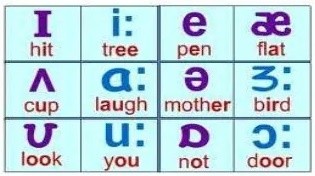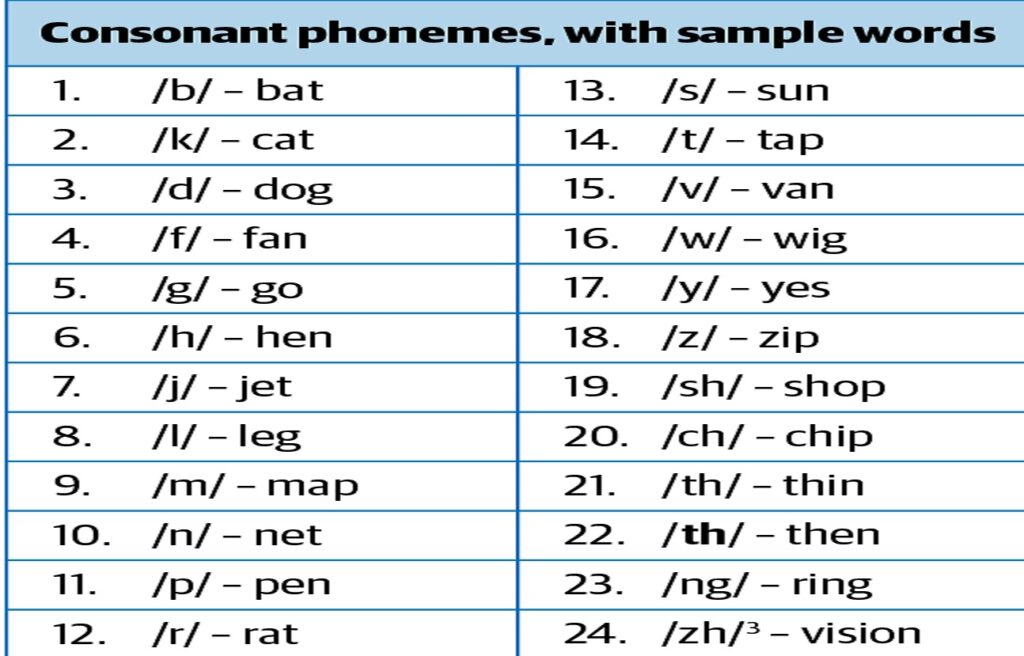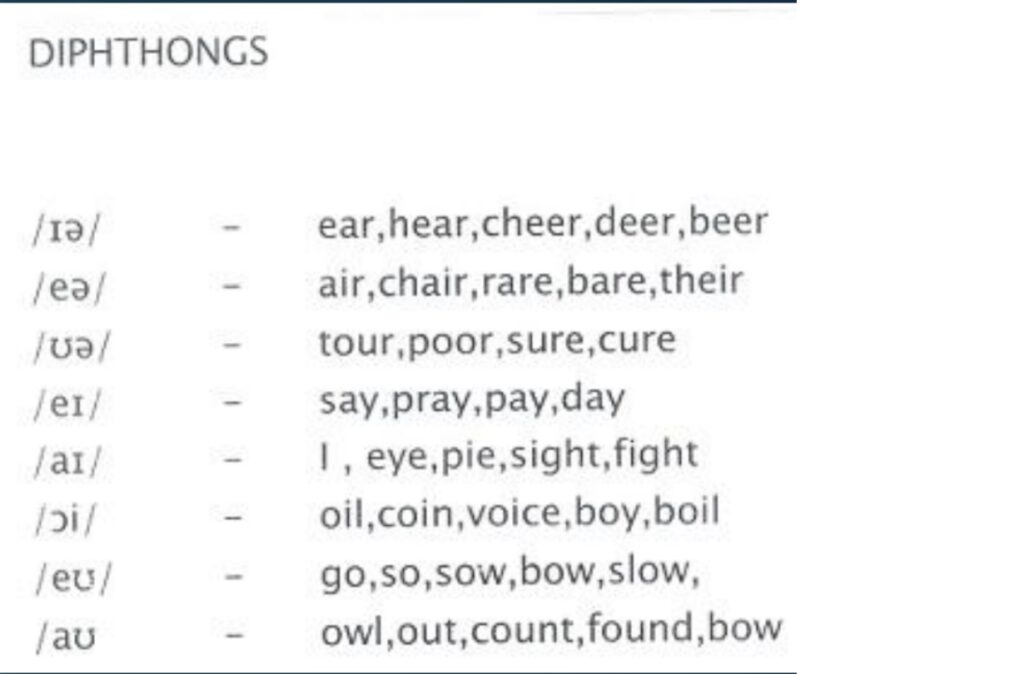Phonetics is an important English grammar aspect for KARTET and GPSTR aspirants. This topic is very useful for all competitive exams.
English grammar for all CET exams. To get more video notes subscribe to our YouTube channel.
What is phonetics:
Phonetics is the study of the sounds made by the human voice in speech.
Phonetics deals with two aspects of human speech. They are as following:
- Production:
The ways human make sounds.
2. Perception:
The way speech is understood.
What is phonology?
Phonology deals with the way speech sounds behave in a particular languages.
What is phonemes?
A phoneme is the smallest ‘distinctive unit sound’ of a language. It distinguishes one word from another in a given language. Examples: Cat and Bat. Here the distinguishing sounds /c/ and /b/ are both phonemes.
# English alphabet has 26 letters. They are A to Z.
# In English language there are 44 sounds. These sounds are also known as phonemes.
# These 44 sounds help distinguish one word or meaning from another.
# Each 44 sounds have symbols. They are known as IPA. Here IPA stands for ‘International Alphabet Symbols.’
Types of sounds
There are 3 types of sounds in phonetics. They are as following.
- Vowel sounds
- Consonant sounds and
- Diphthong sounds
- Vowel sounds:
A vowel is a speech sound produced by humans through the mouth without being blocked by the teeth, tongue or lips. These types of sounds are called as vowel sounds.
There are 12 vowel sounds in English. These sounds are also called as Pure vowels. See the following chart.

2. Consonant sounds:
A consonant is one of the speech sounds pronounced by stopping the air from flowing easily through the mouth, especially by closing the lips or touching the teeth with the tongue.
There are 24 consonant sounds in English. For details see the following chart.

3. Diphthong sounds:
A diphthong sound is a vowel sound in which the tongue changes position to produce the sound of two vowels. These sounds are also called as impure vowel sounds.
There are 8 sounds in the diphthongs. See the 8 sound’s chart in the following table.

Important English grammar notes:
If Clauses | Conditional Sentences
Active voice and Passive voice
